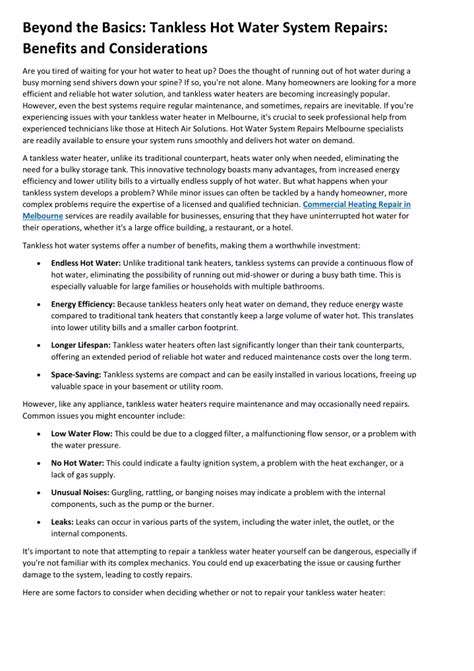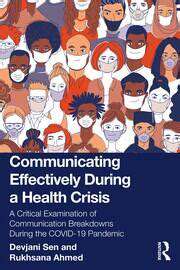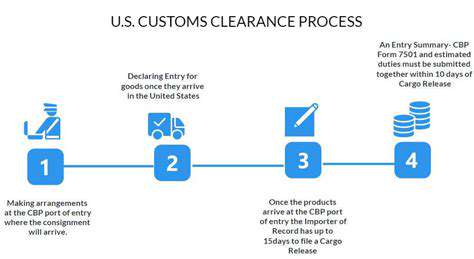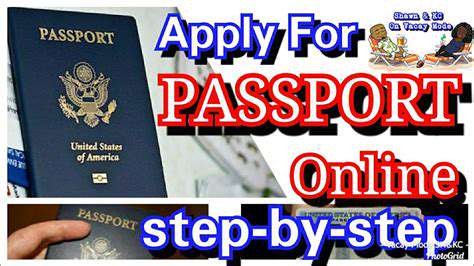What to Do If You Are Denied Entry at the Border
What to Expect When Denied Entry

Navigating the Initial Disappointment
Being denied entry can be a deeply unsettling experience, leaving you feeling frustrated, confused, and potentially even humiliated. It's crucial to understand that this is a very real and sometimes complex process. Taking a deep breath and focusing on the facts is essential. Allow yourself time to process the situation and seek clarification before taking any further action.
The initial shock of denial can often cloud your judgment. Therefore, it's vital to remember that maintaining composure and a clear head is paramount. It's important to understand that the denial process can be lengthy and involve multiple steps. Try to approach the situation with a level of professionalism and a willingness to understand the reasons behind the decision.
Understanding the Reasons for Denial
While the exact reasons for denial may not always be explicitly stated, understanding the potential causes can help you prepare for future applications. Common reasons for denial include inconsistencies in application materials, insufficient documentation, or a failure to meet specific criteria outlined in the entry requirements. Thorough research of the specific entry requirements for your destination is critical.
A thorough review of your application materials, including but not limited to passports, visas, and travel documents, is essential. If possible, seek advice from an immigration consultant or legal professional. They can provide valuable insights into potential issues and offer guidance on how to address them effectively in future attempts.
Appealing the Decision and Alternatives
If you believe the denial was based on an error or misinterpretation, you often have the right to appeal the decision. Be aware that this process may involve additional documentation and fees, and it's important to adhere strictly to the outlined procedures. Seek clear and concise information from the relevant authorities, which often means contacting the embassy or consulate directly.
In the event an appeal isn't successful, or if you're not sure if appealing is the right course of action, alternative options for entry may exist. These could involve exploring other entry points, applying for a different type of visa, or reevaluating your travel plans. Consider exploring other options before making any hasty decisions.
Moving Forward After Denial
Experiencing denial can be a significant setback, but it's essential to learn from the experience and move forward. Reflecting on the reasons for denial and taking steps to address any identified weaknesses is key to improving future chances of success. This may involve further research, updating documentation, or seeking professional guidance.
Remember, denial doesn't define you. It's a temporary obstacle that can be overcome with careful planning, persistence, and a willingness to learn. Focus on the lessons learned and use them to refine your approach for future endeavors. Keep in mind that the denial process can be a critical learning experience.

Seeking Assistance and Support
Understanding the Reasons for Denial
Being denied entry at a border can be a deeply frustrating and unsettling experience. It's crucial to understand that the reasons for denial can vary significantly, from simple procedural errors to more serious concerns related to immigration laws. Understanding the specifics of your denial is vital for navigating the appeal process or taking the next steps to reapply for entry. This may involve reviewing the specific documentation presented, the questions asked by border officials, and any potential discrepancies or omissions that could have led to the decision.
Often, denials are based on insufficient documentation, such as expired visas or missing required forms. Other reasons may include a perceived risk to national security, or concerns about the applicant's intentions during their stay. It's essential to recognize that these reasons are often complex and require careful consideration. Gathering all relevant documents and seeking legal counsel can be invaluable in understanding the specific grounds for the denial and potentially addressing any shortcomings in your application.
Navigating the Appeal Process
If you are denied entry, you have the right to appeal the decision. However, the specific procedures for appealing a border denial vary significantly based on the country and the reason for the denial. Thoroughly reviewing the information provided by the border authorities regarding the appeal process is paramount. This usually involves specific deadlines, required paperwork, and the potential need for further documentation or evidence to support your case.
Understanding the appeal process is crucial. It's advisable to consult with an immigration lawyer or legal professional specializing in border issues. They can provide invaluable guidance on the specific steps required, the necessary documentation, and the potential likelihood of success. Failing to follow the proper procedures can significantly impede your ability to successfully appeal the denial.
Seeking Support and Resources
Experiencing a border denial can be a stressful and overwhelming event. Seeking support and resources is essential during this time. There are numerous organizations and resources available to assist individuals in navigating the complexities of border issues. These resources can provide guidance on the appeal process, offer legal support, and help you understand your rights and options.
Connecting with fellow travelers or individuals who have experienced similar situations can also offer invaluable support and perspective. These support networks can share experiences, offer advice, and provide a sense of community during a challenging time. Remember, you are not alone, and there are resources available to help you address the situation.
Consider contacting embassies, consulates, or government agencies for specific information relevant to your situation. These entities can provide valuable insights into the procedures and processes, potentially expediting the resolution of your case.
Seeking guidance from a qualified legal professional who specializes in immigration law is highly recommended. They can provide comprehensive advice and assistance in navigating the complexities of the appeal process.
Additionally, staying informed about any updates or changes to immigration policies or procedures can be beneficial in effectively addressing the denial.
Remember to document everything, including dates, times, conversations, and any correspondence you have with border authorities or relevant organizations.



![Best Trails for Mountain Biking [Destinations]](/static/images/27/2025-05/BritishColumbia27sCoastalTrails3AAPacificNorthwestEscape.jpg)







![Guide to Visa Free Travel Destinations for [Your Nationality]](/static/images/27/2025-07/SoutheastAsianParadises3AVisa-FreeWonders.jpg)